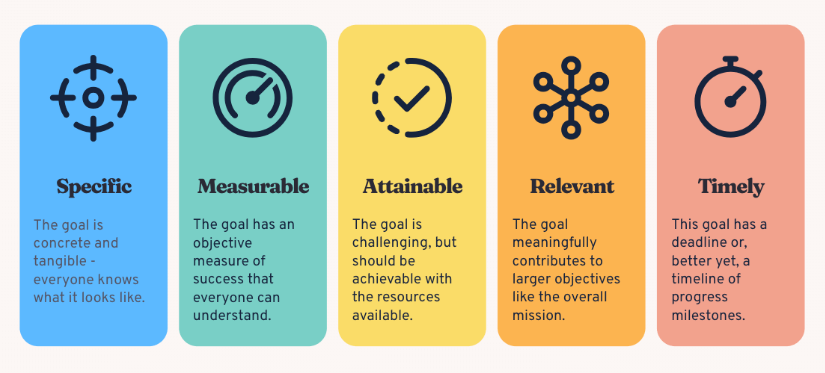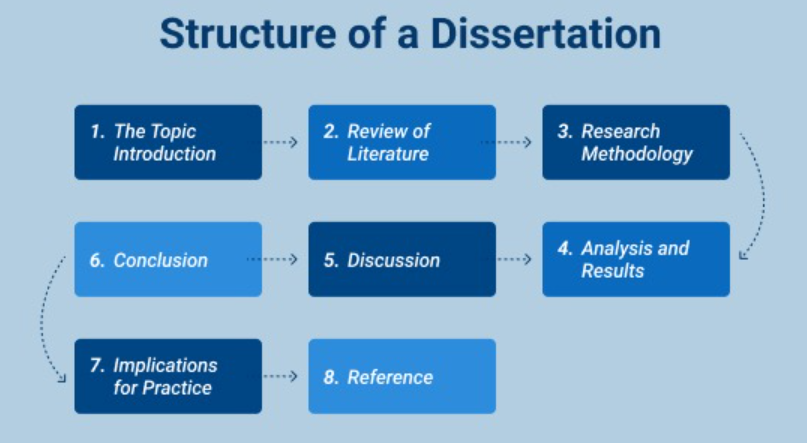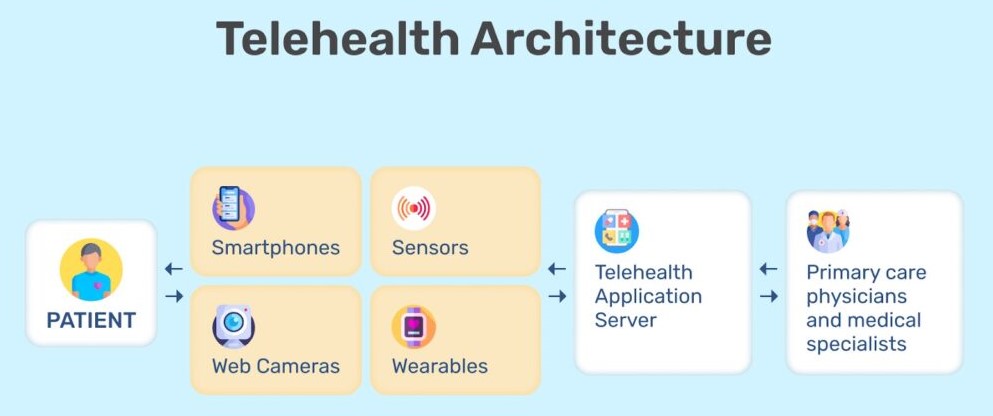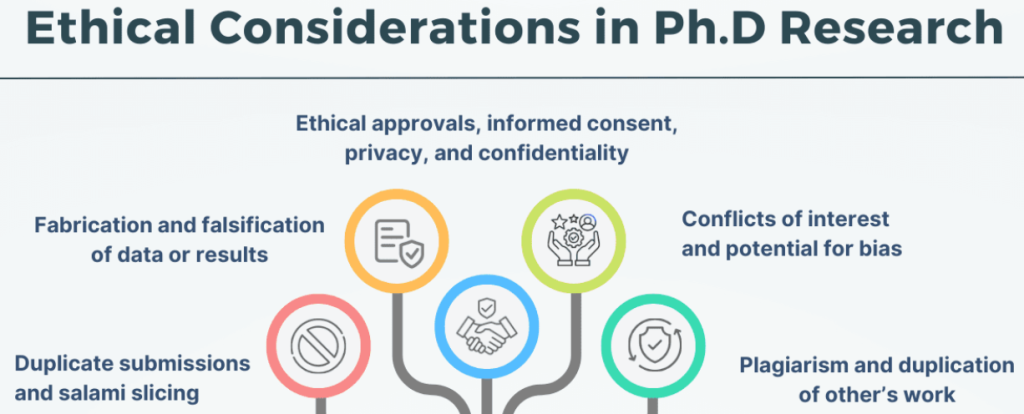
Table of Contents
Writing a mental health dissertation is a significant undertaking. It requires meticulous planning, in-depth research, and a clear understanding of the chosen topic. The journey can feel daunting, but breaking it down into manageable steps will make the process less overwhelming. This article will guide you through each stage, from initial topic selection to final submission, ensuring you produce a high-quality piece of scholarly work. The key is to approach this as a structured project, not just a long essay, and your mental health dissertation will be all the stronger for it.
Steps to Crafting a Robust Mental Health Dissertation
1. Laying the Foundation: Topic Selection and Research Proposal
The first crucial step is selecting a compelling and manageable topic for your mental health dissertation. This decision will shape the entire research process, so it’s vital to choose something that genuinely interests you and aligns with your academic goals. Here’s what to consider:
- Personal Interest: Your passion for the topic will fuel your motivation throughout the long process of writing your mental health dissertation. If you’re not engaged, it will be significantly harder to stay committed.
- Feasibility: Is the research achievable within the given timeframe and with available resources? Be realistic about the scope of your project. Avoid topics that require access to very specific populations or specialized equipment if you don’t have that access.
- Relevance: Does the topic address a significant gap in the current literature or contribute meaningfully to the field of mental health? Your mental health dissertation should aim to add to the body of knowledge.
- Available Literature: Is there enough existing research on your topic to support your own investigation? You need a solid base of literature to critically analyze and build upon for your dissertation about mental health.
- Potential for Impact: How might your findings contribute to clinical practice, policy development, or further research? A compelling mental health paper should aim to be impactful.
Once you’ve tentatively chosen a topic, you must develop a research proposal. This is a formal document outlining your research question, methodology, and anticipated outcomes. Your proposal acts as a roadmap for your research. Ensure your research proposal clearly articulates:
* Research Question: What specific question will your mental health dissertation address? It should be focused, measurable, achievable, relevant and time-bound (SMART).

* Literature Review: Provide a preliminary overview of existing research related to your topic, highlighting gaps or contradictions that justify your study. Show why your chosen area for your mental health dissertation is important.
* Methodology: Describe the research methods you intend to use. Will it be qualitative, quantitative, or mixed methods? Justify your approach and ensure it’s appropriate for your research question.
* Ethical Considerations: Address any ethical implications of your research, such as informed consent and participant confidentiality. This is paramount in mental health research and should be a key consideration for your dissertation on mental health.
* Timeline: Create a realistic timeline for each stage of your research project.
2. Diving into the Literature: Conducting a Comprehensive Review
A robust literature review forms the backbone of your mental health dissertation. This involves systematically searching, evaluating, and synthesizing existing research relevant to your topic. This phase will be time-consuming, but invaluable.
- Systematic Searching: Use relevant keywords and databases (e.g., PsycINFO, PubMed, Web of Science) to find relevant articles.
- Critical Evaluation: Don’t just summarize articles; analyze them critically. Assess the strengths and limitations of each study, paying attention to the methodologies used, sample sizes, and findings.
- Identifying Themes and Gaps: Look for recurring themes and debates in the literature. What are the gaps in knowledge that your research will address? How does the existing research support or contradict your research questions for your mental health dissertation?
- Synthesizing Information: Organize and synthesize your findings into a coherent narrative, highlighting the key findings, debates, and limitations within the existing literature. This should provide context for your own research and demonstrate how your mental health dissertation is original.
3. Designing Your Research Methodology
Your methodology should align with your research question and the nature of your topic. Choosing the right approach is crucial for generating reliable and valid findings for your mental health dissertation.
- Qualitative Research: Suitable when exploring complex social phenomena through in-depth interviews, focus groups, or case studies. Qualitative research is often exploratory and aims to understand experiences, perspectives, or meanings. This may involve thematic analysis of interview transcripts.
- Quantitative Research: Involves collecting numerical data that can be analyzed statistically to test hypotheses. Surveys, experiments, and standardized assessments are common tools.
- Mixed-Methods Research: Combines both qualitative and quantitative approaches to provide a more comprehensive understanding of the research topic. This approach allows you to understand not only ‘what’ but also ‘why’.
Regardless of the methodology you choose, make sure to justify your decision, outline your data collection and analysis techniques, and be meticulous about data management and record keeping. A well-structured methodology section is paramount for a strong mental health dissertation.
4. Data Collection and Analysis
The process of data collection and analysis will vary depending on your methodology, but the key principles remain:
* Ethical Conduct: Adhere to all ethical guidelines for research involving human participants, ensuring informed consent and participant confidentiality.
* Rigorous Data Collection: Ensure your data collection is consistent, systematic, and unbiased. This step is critical to the validity and reliability of the results for your mental health dissertation.
* Appropriate Analysis: Use the correct statistical or qualitative analysis techniques appropriate for your data type and research questions.
* Transparency and Audit Trail: Maintain clear records of your data collection and analysis procedures.
5. Crafting the Dissertation: Structure and Writing
Writing your mental health dissertation is not just about putting words on paper; it’s about crafting a coherent and compelling argument. Here’s a typical structure for a dissertation:
- Abstract: A brief summary of your research, including the key findings and conclusions.
- Introduction: Introduce the research topic, establish the context and significance of the study, articulate the research questions and aims, and briefly outline the structure of the dissertation.
- Literature Review: Present a comprehensive overview of existing research related to your topic.
- Methodology: Describe your research design, data collection methods, and analysis techniques.
- Results: Present your findings objectively, using tables, graphs, and quotations as needed.
- Discussion: Interpret your results in light of the research question and existing literature, discussing the implications, limitations, and areas for future research.
- Conclusion: Summarize your key findings and conclusions and address the significance of your research.
- References: List all sources used in your dissertation, following the required referencing style.
- Appendices (If Needed): Include supplementary material, such as interview schedules, consent forms or additional tables of data.

Clarity, conciseness, and precision are paramount. Aim for a logical flow of ideas, supporting all your arguments with evidence. Maintain an academic tone and style. The writing phase requires discipline, consistency and regular engagement.
6. Revising, Editing, and Proofreading
Once you have a complete draft, allow yourself time to revise, edit and proofread your mental health dissertation thoroughly.
- Seek Feedback: Ask colleagues, friends, or supervisors for feedback on your draft. A fresh pair of eyes will catch errors and weaknesses that you may have missed.
- Self-Review: Read your work with a critical eye. Ensure your arguments are clear, concise, and supported by evidence.
- Check for Consistency: Ensure your referencing and formatting are consistent throughout the document.
- Proofread Carefully: Pay close attention to grammar, spelling, and punctuation. Small errors can detract from the quality of your work. It is well worth investing in professional proofreading services to improve the overall quality of your mental health dissertation.
7. The Final Submission and Beyond
Once you’ve addressed all feedback and are satisfied with your mental health dissertation, it’s time to submit it according to the university guidelines.
- Adhere to Submission Guidelines: Double-check all formatting requirements and deadlines.
- Presentation: Pay attention to the overall presentation of your work. A well-presented dissertation creates a positive impression.
- Oral Defense (If Required): Prepare thoroughly for your defense by anticipating questions your examiners may ask. Practice your presentation and be prepared to justify your research choices.
Examples of Compelling Mental Health Dissertation Topics
The field of mental health is constantly evolving, presenting researchers with a wealth of complex issues to explore. Choosing the right topic for a mental health dissertation is crucial for making a meaningful contribution to the field. A strong dissertation not only advances knowledge but can also impact policy and practice. So, what constitutes a compelling research area? Here are examples of topics that offer both intellectual rigor and real-world relevance:
1. The Impact of Social Media on Adolescent Mental Health:
This is a consistently relevant and growing area of concern. Your mental health dissertation could examine specific aspects, such as the correlation between time spent on social media and rates of anxiety, depression, or body image issues among adolescents. You could explore the role of online peer pressure, cyberbullying, or the impact of carefully curated online personas on self-esteem. A mixed-methods approach, combining quantitative data with qualitative interviews, might provide rich and nuanced findings.
2. The Effectiveness of Tele-Mental Health Interventions in Rural Communities:
Access to mental health services is often limited in rural areas. This topic explores the efficacy of telehealth solutions, like video therapy, for addressing these disparities. Your research might compare the outcomes of traditional in-person therapy with telehealth, focusing on factors like accessibility, cost-effectiveness, and patient satisfaction. A strong mental health dissertation in this area could have direct implications for expanding mental health care in underserved regions.

3. Trauma-Informed Approaches in Educational Settings:
Trauma, often stemming from adverse childhood experiences, can significantly impact a child’s ability to learn and thrive in school. This research could explore the effectiveness of implementing trauma-informed practices in classrooms, looking at specific interventions or training programs for educators. A study might focus on changes in student behavior, academic performance, and emotional well-being after the implementation of such approaches.
4. The Mental Health Challenges Faced by Specific Cultural Groups:
Mental health conditions manifest differently across cultures, and access to culturally sensitive care is crucial. A compelling mental health dissertation could focus on a specific cultural group, examining the unique stressors they face, the stigma associated with mental illness within their community, and the effectiveness of culturally adapted interventions. This type of research is crucial for addressing health inequities and promoting culturally competent practice.
5. The Role of Physical Activity in Managing Depression and Anxiety:
Research increasingly highlights the interconnectedness between physical and mental health. This dissertation could investigate the effects of specific types of exercise, such as yoga or aerobic activity, on reducing symptoms of depression or anxiety. It could explore the underlying mechanisms, such as the release of endorphins or the impact on brain structure. Your findings could contribute to the development of holistic treatment plans incorporating both physical and mental wellness strategies.
6. The Long-Term Effects of Pandemic-Related Stress on Mental Well-being:
The COVID-19 pandemic caused widespread disruption, leading to increased levels of stress, anxiety, and isolation. A mental health dissertation could focus on the long-term consequences of these pandemic-related stressors on specific populations, such as frontline workers, students, or individuals with pre-existing mental health conditions. Longitudinal studies that track mental health over time would be especially valuable in this domain.
Choosing a dissertation topic is a significant undertaking. Selecting one that is both personally engaging and professionally significant is key to a successful and impactful research journey. The examples above provide a starting point, but the possibilities within the realm of mental health research are vast and constantly evolving. Remember to conduct thorough literature reviews and consult with faculty advisors to refine your research question and develop a strong, well-defined dissertation.
Frequently Asked Questions About Mental Health Dissertations
Embarking on a mental health dissertation can feel like navigating a complex maze. It’s a significant undertaking that requires careful planning, meticulous research, and a deep understanding of the chosen topic. For many students, the process raises numerous questions. Here, we address some of the most frequently asked ones to help you approach your mental health dissertation with more confidence.
1. What exactly is a mental health dissertation?
A mental health dissertation is an extended piece of academic writing that presents original research or analysis related to mental health. It’s a culminating project for advanced degrees, often at the Master’s or Doctoral level. Unlike shorter assignments, it demands in-depth exploration of a specific area within the field of mental health. This could encompass anything from examining the efficacy of therapeutic interventions to investigating the social determinants of mental illness, or even exploring lived experiences of individuals with specific conditions.
2. How do I choose a topic for my mental health dissertation?
Choosing the right topic is crucial. Begin by identifying areas within mental health that genuinely interest you. Consider the existing body of research; what gaps or unresolved questions exist? Look for inspiration from your coursework, clinical experiences, or current events. A manageable and focused research question is essential, so be prepared to refine your ideas several times. It’s wise to discuss potential topics with your supervisor early in the process to ensure they are feasible and aligned with academic standards.
3. What research methods are suitable for a mental health dissertation?
The choice of research methods depends heavily on your research question. Quantitative methods, like surveys and statistical analysis, can be used to investigate the prevalence of mental health issues or the effectiveness of interventions. Qualitative methods, such as interviews and focus groups, are valuable for understanding the lived experiences of individuals with mental health conditions and the contextual factors influencing well-being. Mixed methods designs, combining both quantitative and qualitative approaches, are also common, offering a comprehensive understanding of complex phenomena. It’s important to select methods that are both robust and ethically appropriate for your chosen topic.
4. How do I ensure my research is ethical?
Ethics are paramount in mental health research. Your institution’s ethics committee must approve your research protocol before you begin data collection. This includes obtaining informed consent from participants, ensuring confidentiality and anonymity, and considering the potential impact of your research on vulnerable populations. Any research involving participants with mental health conditions requires extra sensitivity and adherence to strict ethical guidelines. Be sure to thoroughly address these ethical considerations in your mental health dissertation proposal.

5. How long does a mental health dissertation typically take to complete?
The timeline varies greatly depending on the degree level and individual circumstances. However, most dissertations require a substantial time commitment. Plan for at least several months, sometimes even a year or more, dedicated to research, writing, and revisions. Breaking the process down into manageable stages, setting realistic deadlines, and consistently dedicating time to your work will help you stay on track.
6. What are common challenges faced during a mental health dissertation?
Many students find that navigating the literature, managing data analysis, and maintaining consistent motivation can be challenging. Writer’s block, feelings of overwhelm, and unexpected research setbacks are not uncommon. Seeking support from your supervisor, peers, and university resources is vital. Remember, the journey of writing a mental health dissertation is a learning process.
7. How can I improve the quality of my mental health dissertation?
Clarity, thoroughness, and originality are crucial to producing a high-quality mental health dissertation. Develop a robust methodology, meticulously analyze your data, and ensure your conclusions are well-supported by the evidence. Pay close attention to writing style, using academic language and proper citation techniques. The best dissertations also demonstrate a critical engagement with the existing literature and offer a meaningful contribution to the field.
Writing a mental health dissertation is a challenging but ultimately rewarding experience. By following these steps, conducting rigorous research, and adhering to academic standards, you can create a valuable contribution to the field of mental health. Remember to stay organized, seek support, and believe in your ability to produce a high-quality piece of scholarly work. Your work contributes to our understanding of the human condition and our capacity to provide support to those facing mental health challenges.
Get Professional Help with Dissertation Writing
At PhD Nurse Writer, we are the dissertation professionals that you should engage for help with writing your mental health dissertation. We offer an all-inclusive service that covers topic suggestion, dissertation writing, proofreading, editing, formatting and plagiarism removal. Apart from dissertations, we can also assist you with writing nursing research papers, essays and case studies for academic excellence.





